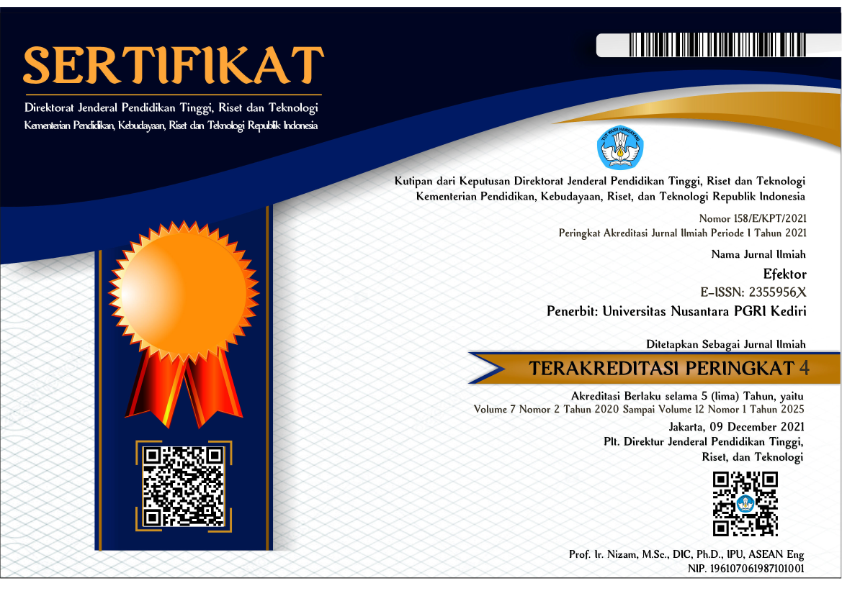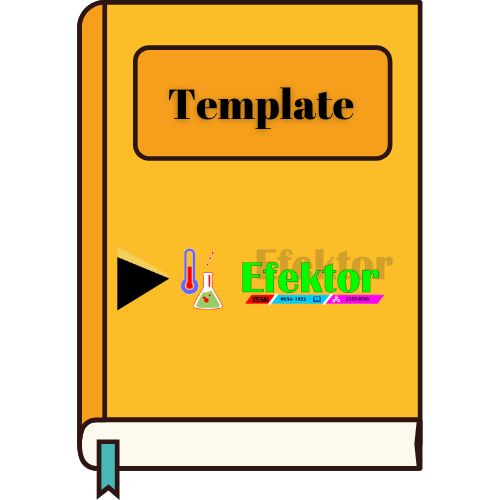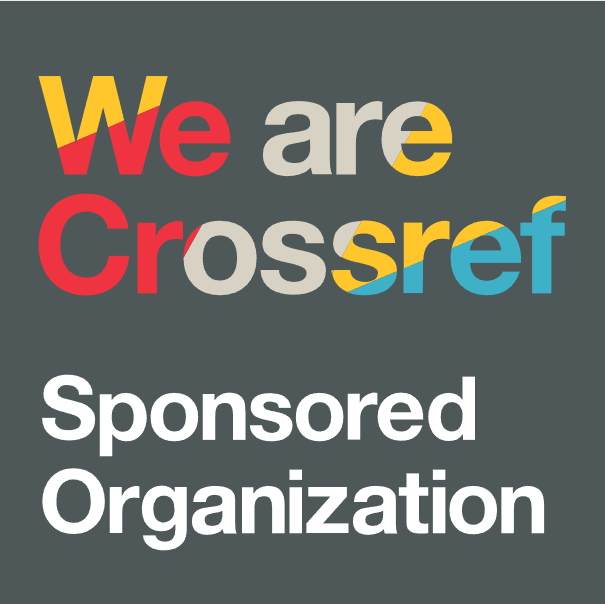The Importance of Financial Literacy Knowledge For Elementary School Students In 21st Century
DOI:
https://doi.org/10.29407/e.v6i1.12591Keywords:
knowledge, financial literacy, elementary schools studentsAbstract
life in the 21st century requires a variety of skills that an individual must master in order to become a successful person in life. Skills in managing finances are needed. Therefore, the need for financial literacy knowledge is taught early, especially in schools so that it will accumulate into adulthood. This article aimed to explain the importance of financial literacy knowledge for elementary school students in the 21st century. Data collection used observation, literature study, and documentation. Data sources from informants and documents. Data analysis used qualitative data analysis of interactive models. The findings showed that students at elementary schools prefer to buy objects that are desired rather than needed. This shows the importance of financial literacy knowledge for elementary school students. This is supported by the results of a literature study that financial literacy knowledge will be useful in managing students' finances for now and in the future. Therefore, it is expected that the role of the teacher in providing teaching material about financial literacy in accordance with the stages of student development.
References
Atkinson, A., Mc.Kay, S., Kempson, E., & Collard, S., “Level of Financial Capability in the UK” , Result of a Baseline Survey, UK Financial Services Authority (FSA), Consumer Research 47, (2006).
Batty, M., Collins, J. M., & Odders-White, E., “Experimental Evidence on the Effects of Financial Education on Elementary School Students’ Knowledge, Behavior, and Attitudes”, The Journal of Consumer Affairs, 49 (1), 69 – 96 (2015).
Dermol, V., & Trunk, A., “Financial Topic in School Curriculum: Case Slovenian Elementary Schools”, in the Proceedings of TIIM Internatioanl Conference, 729 – 734 (2018).
Fraczek, B., “Main Purposes and Challedges in the Financial Education of Financial Consumers in the World”, Journal of Economics & Manangement, Vol 6, (2014).
Huston, S. J., “Measuring financial literacy”, Journal of Consumer Affairs, 4 (2) (2010).
Ministry of Education and Culture,“Revisi Kurikulum 2013”, (2016).
Keown, L. A.,“The Financial Knowledge of Canadians”,Canadian Social Trends91, 28-39 (2011).
Kiyosaki, R. T., “Increase Yur Finencial IQ”, Jakarta: Gramedia Pustaka Utama. (2008).
Lusardi, A, “Financial Literacy Skills for the 21 st Century: Evidence from PISA”, The Journal of Consumer Affairs, 49 (3), 639 – 659, (2015).
Mandell. L., “The Impact of financial education in high school and college on financial decision making”, Working Paper, (2009).
Miles, M. B., & Huberman, M. A., “Qualitative Data Analyst”, Universitas Indonesia Press, 2007.
Organization for Economic Co-operation and Development (OECD), “Improving Financial Literacy: Analysis of Issues and Policies, (2005).
Financial Services Authority, “Survei Nasional Literasi dan Inklusi Keuangan”, Indonesia, 2016.
Presidential Regulation No. 82 Tahun 2016 Tentang Stategi Nasional Keuangan Inklusi, Indonesia”. (2016).
Program for Internastional Student Assess-ment (PISA),“Financial Liter-acy Assesment Freamwork”, Amerika: In-ternational Network on Financial Education OECD. (2012)
Rapih, S., “Pendidikan Literasi Keuangan Pada Anak: Mengapa & Bagaimana”, Scholaria, 6 (2), 14 – 28 (2016).
Seefeld, C., et al. “Social Studies For The Preschool/Primary Child 8th Edition”, New York: Pearson. 2010.
Silvy, M., & Yulianti, N., “Sikap Pengelola Keuangan dan Perilaku Perencanaan Investasi Keluarga di Surabaya”, Journal of Business & Banking, 3 (1), 57 – 68 (2013).
Suiter, M. & meszaros, B. “Teaching about saving and investing in the elementary and middle school grade”, Sosial Education, 69 (2), 92 – 95 (2005).
Widayati, I, “Pengaruh Status Sosial Ekonomi Orang Tua, Pendidikan Pengelolaan Keuangan Keluarga, dan Pembelajaran di Perguruan Tinggi terhadap Literasi Finansial Mahasiswa”, Jurnal Pendidikan Humaniora, 2 (2), 176-183.(2014)
Downloads
Published
Issue
Section
License
Authors who publish with this journal agree to the following terms:
- Copyright on any article is retained by the author(s).
- The author grants the journal, the right of first publication with the work simultaneously licensed under a Creative Commons Attribution License that allows others to share the work with an acknowledgment of the work’s authorship and initial publication in this journal.
- Authors are able to enter into separate, additional contractual arrangements for the non-exclusive distribution of the journal’s published version of the work (e.g., post it to an institutional repository or publish it in a book), with an acknowledgment of its initial publication in this journal.
- Authors are permitted and encouraged to post their work online (e.g., in institutional repositories or on their website) prior to and during the submission process, as it can lead to productive exchanges, as well as earlier and greater citation of published work.
- The article and any associated published material is distributed under the Creative Commons Attribution-ShareAlike 4.0 International License













